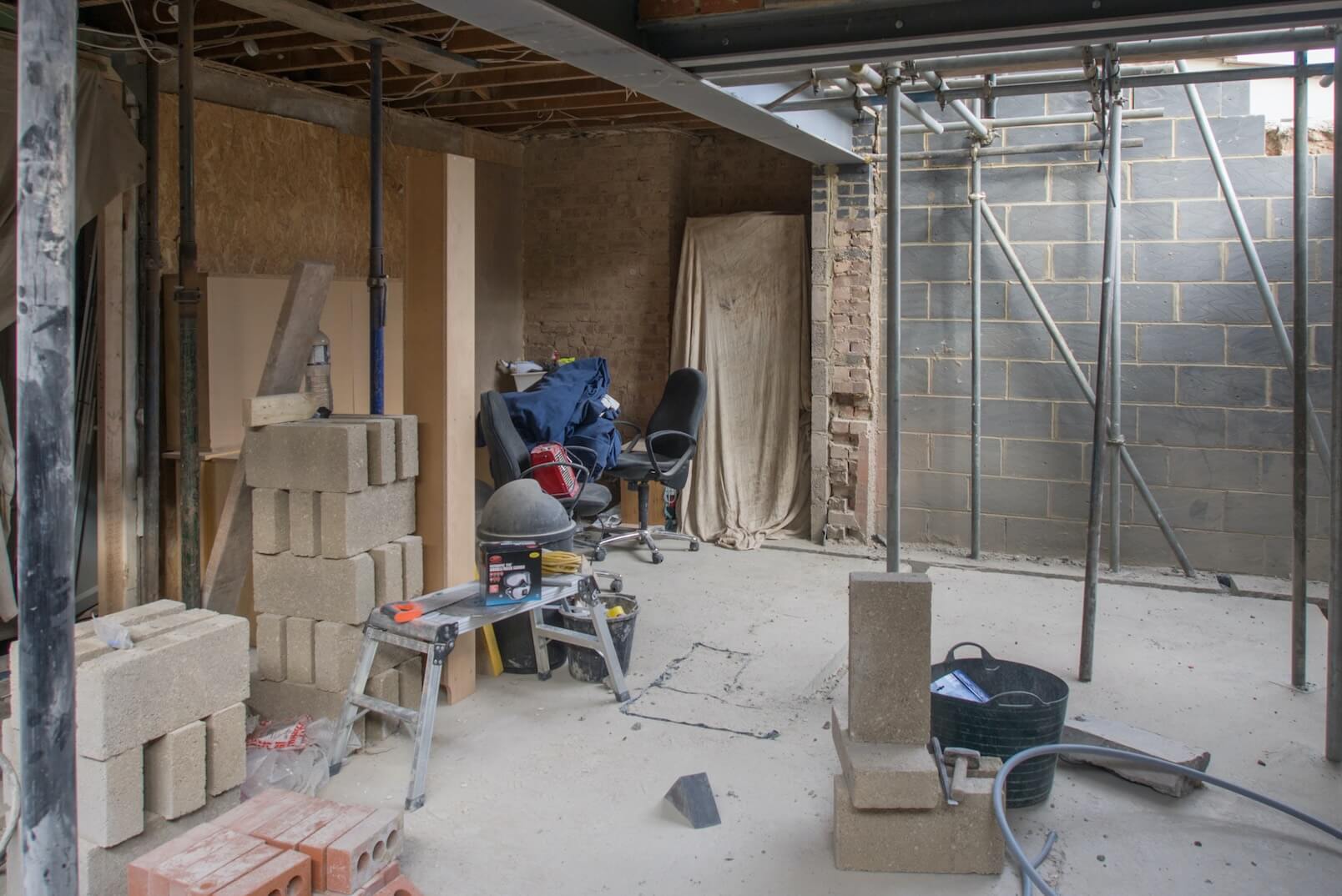Moisture in basements can be a common problem for homeowners, and it can lead to a variety of issues such as mold growth, structural damage, and musty odors. There are several factors that can contribute to basement moisture, and understanding these causes is crucial for preventing and addressing the issue.
One of the most common causes of moisture in basements is condensation. This occurs when warm, humid air comes into contact with cooler surfaces, such as basement walls and floors, causing moisture to form on these surfaces. Condensation is particularly common during the summer months, when outdoor temperatures are high and indoor air conditioning systems are in use. To prevent condensation, homeowners can ensure that their basements are properly insulated and ventilated. This may involve adding insulation to walls and floors, installing dehumidifiers or fans, or simply opening windows and doors to increase air circulation.
Another possible cause of moisture in basements is poor drainage. When rainwater or snowmelt accumulates around the foundation of a home, it can seep into the basement through cracks and gaps. This can lead to water damage, mold growth, and other issues. To prevent basement flooding and moisture caused by poor drainage, homeowners should ensure that their gutters and downspouts are clear of debris and functioning properly, and that the ground around their homes slopes away from the foundation.
Leaking pipes or appliances can also contribute to moisture problems in basements. If a pipe or appliance in the basement is leaking, it can cause water to accumulate on the floor or walls, leading to mold growth and other issues. Homeowners should regularly inspect their plumbing and appliances for leaks, and repair any issues promptly.
Finally, high humidity levels can also contribute to moisture problems in basements. This is particularly common in areas with high levels of outdoor humidity, or in homes without proper ventilation. To reduce indoor humidity levels, homeowners can use dehumidifiers or air conditioning systems, or install ventilation systems to increase air circulation.

One of the ways to potentially prevent moisture in basement is basement waterproofing. Houses, cottages and other buildings can benefit from basement waterproofing.
But there is a number of other benefits that basement waterproofing brings to the table.
- Protection from water damage – waterproofing your basement can prevent water from seeping into your home and causing damage to your foundation, walls, and floors. This can save you from costly repairs and ensure the structural integrity of your home.
- Prevention of mold and mildew growth – damp and humid conditions in the basement can create a perfect environment for mold and mildew growth, which can be harmful to your health. Waterproofing can prevent moisture from accumulating in the basement and reduce the risk of mold and mildew growth.
- Increased home value – waterproofing your basement can increase the value of your home, as it is a desirable feature for potential buyers. A dry, clean, and well-maintained basement can also provide additional living space, storage, or recreational area for your family.
- Improved indoor air quality – waterproofing can reduce humidity levels in the basement, which can improve indoor air quality and reduce the risk of respiratory issues, allergies, and other health problems some of which can be caused by potential mold & mildew growth.
- Energy savings – by reducing humidity levels and preventing air leaks, waterproofing can improve the energy efficiency of your home and reduce your energy bills.
In conclusion, moisture in basements can be caused by a variety of factors, including condensation, poor drainage, leaking pipes or appliances, and high humidity levels.
By understanding these causes, homeowners can take steps to prevent and address basement moisture, such as improving ventilation and drainage, inspecting plumbing and appliances, and using dehumidifiers or air conditioning systems to reduce indoor humidity levels.
By taking proactive steps to prevent basement moisture, homeowners can protect their homes and their health from the negative effects of mold and water damage, improve air quality and more.

